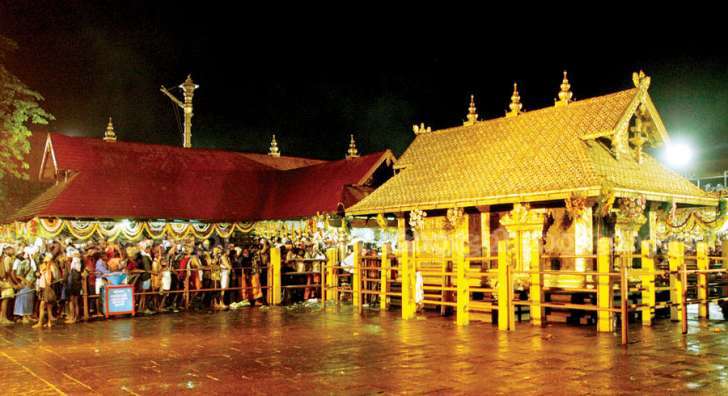Article 25 states that any citizen of India has the right to ‘freedom of conscience and free profession, practice and propagation of religion’. Women can now offer their prayers in the Sabarimala Temple which was previously restricted only to men and the Supreme Court affirms this.
“Every woman is also the creation of God and why should there be discrimination against them in employment or worship,” said Justice DY Chandrachud, who was part of the five-judge Constitution bench hearing the case.
The petitioner which was The Indian Young Lawyers Association has challenged the 800-year-old practice of prohibiting the entry of women into the famed Lord Ayyappan Temple.
The Supreme Court, last year had formed the constitution bench to hear the case and it would decide on significant questions, primary among which was whether the ban amounts to discrimination against women.
Counsel Ravi Prakash Gupta told the court the “restrictions on the entry of women in Sabarimala temple is not the essence of their religious affairs” as discrimination on the entry of women in the temple is “neither a ritual nor a ceremony associated with Hindu religion.”
“There is no concept of a private temple. If there is a temple then it is a public place and everyone is allowed to go there. If men can go there then women can also go,” he said during the hearing,” said Chief Justice Dipak Misra.
The CJI also opposed the Kerala government’s assertion that ceremonial rules pertaining to temples and method of worship is set by the temple and are protected under the right to worship, saying that a “temple cannot claim denominational rights.
The temple located in Kerala used to prohibit entry of women who are in their menstruating years. The said ban has statutory backing in the form of Rule 3(b) of the Kerala Hindu Places of Public Worship (Authorisation of Entry) Rules, 1965.

